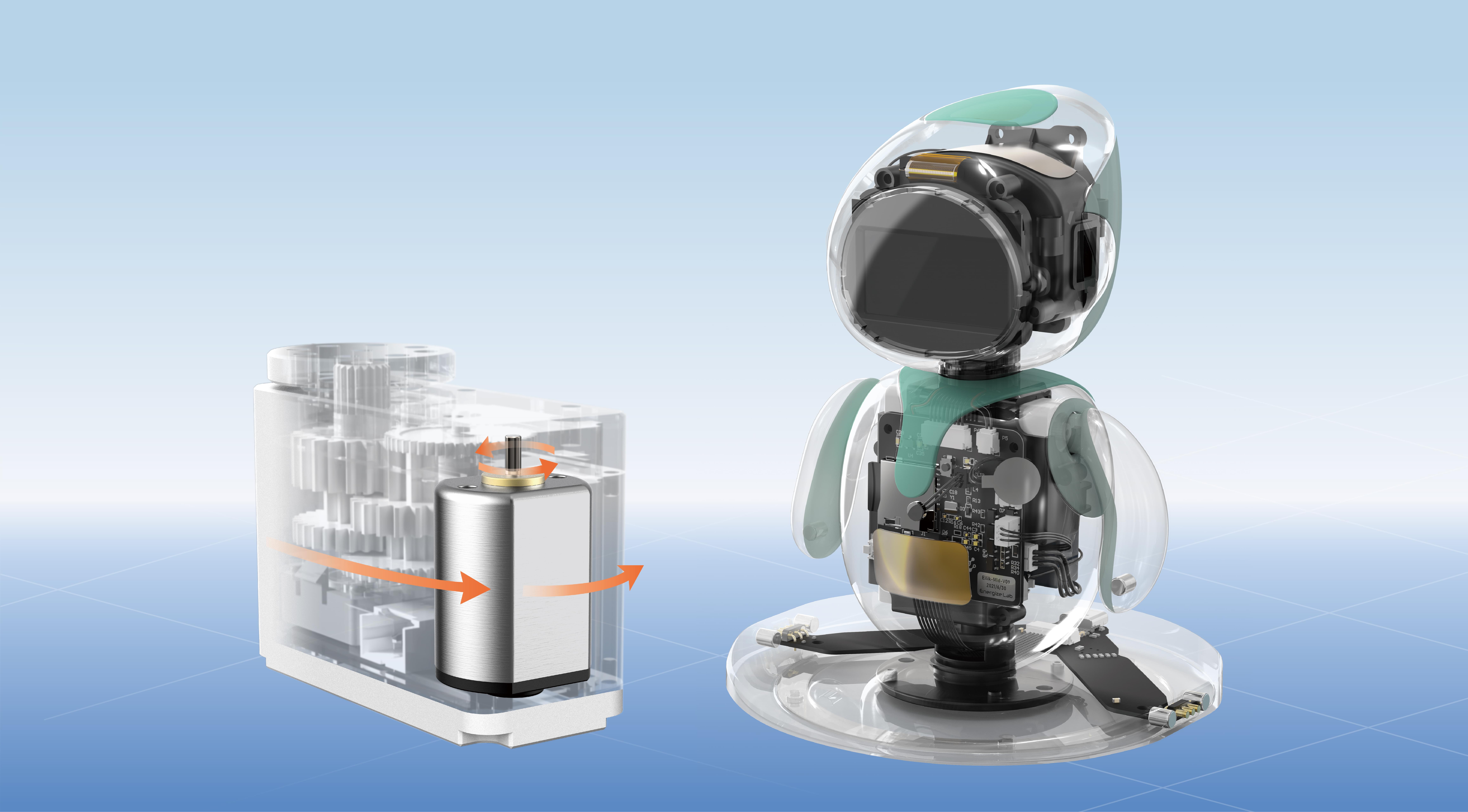When you're diving into the world of motors for your projects, it's like opening a cabinet full of mysteries—brushless or brushed? Each has its own vibe, its own set of perks and quirks. Let me walk you through it without the fluff.

First, let’s talk about brushed motors. They’ve been around forever, kind of like that old, reliable car that just keeps going. Breakable parts, sure, but they’re simple, cheap, and straightforward. You get a kind of "plug-and-play" feel. Think about your childhood kids’ cars—those tiny RC cars? Mostly brushed motors. They make noise, often spark a bit, and need regular maintenance because the brushes wear down over time.
Now, switch gears—brushless motors. These are the cool kids on the block. No brushes, no fuss about sparks or wear and tear. Instead, they use electronic commutation—imagine a tiny microcontroller dancing around inside, keeping everything in sync. They tend to be more efficient because there's less contact and friction, which means less heat and more power with less energy wasted. Plus, they last longer, often doubling or tripling the lifespan of brushed ones.
Here’s where it gets interesting. For applications like drones or remote control cars, many folks swear by brushless motors. Why? Because they deliver smoother acceleration, better speed control, and less maintenance. It’s like upgrading from a bike with training wheels to a sleek motorcycle. But full-on brushless setups mean a bit of a steeper initial investment—more expensive motor controllers and more complex wiring.
Thinking about cost? It’s a bit like choosing between a used bike and a new high-end motorcycle. The brushed motors are cheaper upfront, right out of the box. But if you’re aiming for high performance, durability, and maybe even saving some energy in the long run, brushless is the way to go.
Some folks ask, "Are brushless motors worth the extra trickery?" Well, if you’re into serious projects—think drones, tiny robots, or electric bikes—they probably are. They're more reliable overall, and you won’t be swapping brushes all the time. Plus, the efficiency boost means longer runtimes, which is a big win.
So what about in a practical sense? If you’re tinkering in your garage and want something that’s easy to fix and cheap to replace, brushed probably makes sense. But if you care about performance and longevity, those whirring, smooth, and efficient brushless motors become tempting.
Also, you might wonder—can I swap one for the other? Typically, no. They have different wiring, controllers, and power needs. It’s like trying to fit a square peg into a round hole. So, decide first what’s more important—budget or longevity.
In the end, it’s all about your goals. If you're looking for quick and cheap fun, brushed motors work fine. But if you want something that runs faster, lasts longer, and feels a bit more sophisticated, then brushless motors are the real deal.
Hopefully, that clears things up. Making a choice doesn’t have to be complicated—just think about what you want out of your project. The buzz around brushless is real, and with all the advancements, it’s tempting to give them a shot. Good luck, and let those motors roar!
Leveraging innovations in modular drive technology, Kpower integrates high-performance motors, precision reducers, and multi-protocol control systems to provide efficient and customized smart drive system solutions.




































